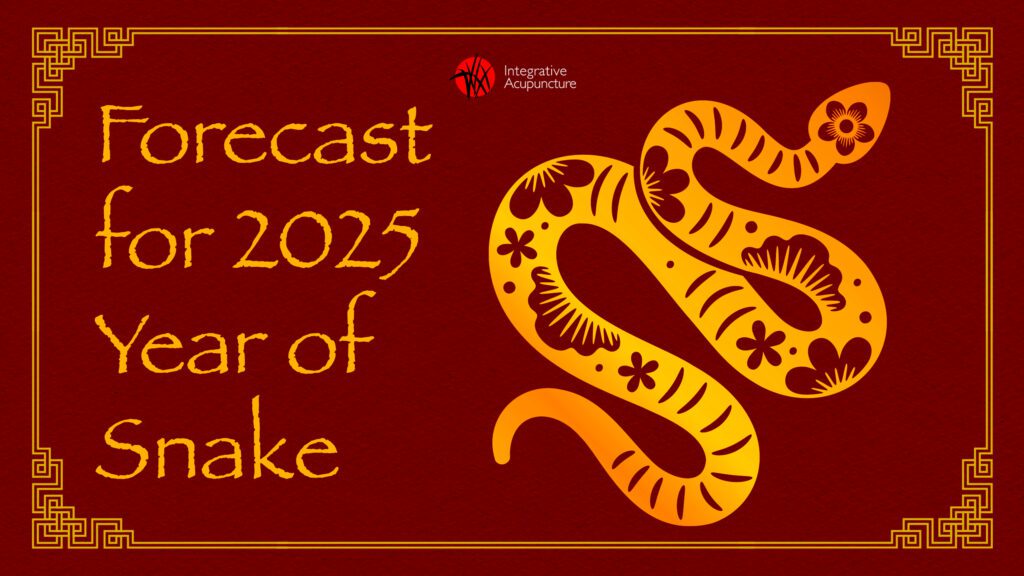Bi-syndrome in TCM, is a symptom or a cause characterized by an obstruction of qi or blood flow though the body. This normally manifests as pain and soreness for most individuals. Navigating the type of bi-syndrome you may have is an essential part of an acupuncture treatment. The acupuncturists’ role is to diagnose your specific condition to find the most effective treatment strategy.
To this end, we ask a series of questions to help determine the type of bi-syndrome affecting you. These questions are designed to provide a comprehensive view of your health and symptoms, contributing to a highly personalized approach to your acupuncture treatment.
Navigating Bi-Syndrome
Here are some questions that you will likely be asked to pin-point your condition better;
- What specific areas of your body are affected by pain? The location of the pain can help identify the meridians or energy channels involved, which is useful for choosing the acupuncture points to be used during treatment.
- Can you describe the nature of your pain? Is the pain dull, sharp, constant, intermittent, moving, or fixed in one spot? The quality of pain can offer insights such as whether it’s associated more with wind (moving pain) or dampness (heavy, fixed pain).
- Do weather changes affect your pain? With navigating bi-syndrome, the pain often varies with weather conditions. For instance, pain that worsens with cold weather might indicate a cold bi-syndrome, while damp weather may be associated with a damp bi-syndrome.
- Do you have any other symptoms associated with the pain? Symptoms like numbness, tingling, heaviness, or swelling can provide further clues to the nature of the bi-syndrome.
- What makes your pain better or worse? Does rest alleviate the pain? Does it get worse with activity? Understanding what exacerbates or eases your pain helps in creating a tailored and more personal treatment approach.
- Do you have any accompanying symptoms like fatigue, stress, or poor digestion? These could be signs of an underlying imbalance in the body that may be contributing to your bi-syndrome.
- What is your overall energy level? In TCM, fatigue or low energy can signal a deficiency in Qi or blood, which could be related to your pain symptoms.
- What is your lifestyle like – diet, exercise, sleep habits? These factors can affect the balance of Qi and blood in your body, influencing your symptoms.
By answering the above questions honestly and thoroughly, you help your acupuncturist create a customized treatment plan for your pain management. Your journey to health and wellness is a partnership, and here at Integrative Acupuncture we value your active participation in this process. Together, we can get you feeling your best! You can schedule your first or follow-up consult with us here.







